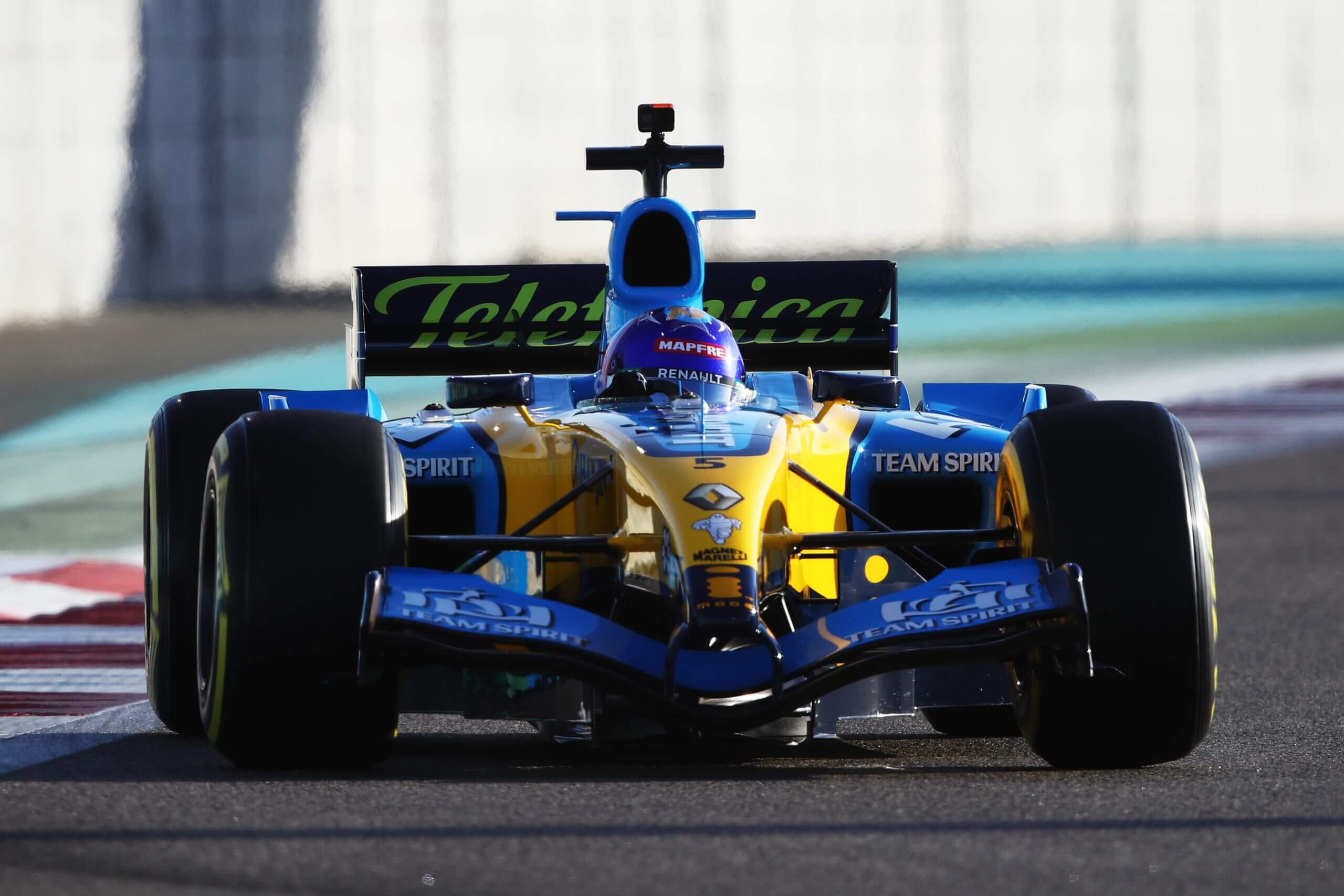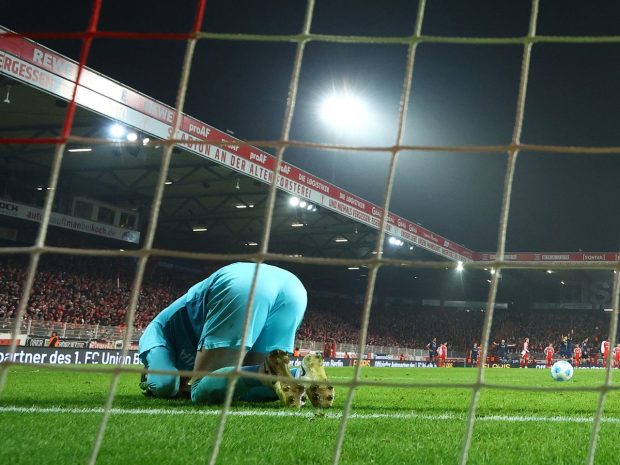
SAKHIR, Bahrain — Formula One teams have agreed to keep racing with hybrid engines through its future regulations following a meeting in Bahrain on Friday, with a return to naturally-aspirated V10s put on hold.
F1, the FIA and the power unit manufacturers met on Friday morning in Bahrain to discuss the future engine regulations after a recent push to evaluate a potential return to V10s in the near future.
Advertisement
The meeting included the FIA president, Mohammed Ben Sulayem, who is attending his first grand prix of the year in Bahrain. Ben Sulayem was one of the primary figures to call for an evaluation of naturally-aspirated V10s as a future engine solution earlier this year.
One of the reasons behind the consideration of a switch to naturally-aspirated V10 engines running on fully-sustainable fuel was the belief that it could lead to lighter, smaller cars, with the change in dimensions being a recurring point of criticism in recent years.
Alongside F1’s existing engine manufacturers, Ford and General Motors were also represented at the meeting. Ford will return to F1 from next year as part of the Red Bull Powertrains engine project, while General Motors plans to build its own F1 engine in the future in support of the Cadillac team that will join the grid in 2026.
In the meeting, it was agreed that “a level of electrification will always be part of any future considerations,” according to the FIA, meaning the sport plans to keep racing with hybrids for its future engine formulas.
The 2026 power unit regulations were announced in 2022, helping secure Audi’s move into F1 from next year as well as reversing Honda’s decision to quit the sport, linking up with Aston Martin as its engine supplier. Those regulations are scheduled to run on a five-season cycle from 2026 to 2030, but the interest in V10s led to discussions over whether that cycle should be cut short.
However, Audi was always clear in its opposition to that plan, given it committed to F1 on the 2026 rules that have placed a greater emphasis on electrical power as well as introducing fully-sustainable fuels.
The FIA also confirmed that the use of sustainable fuel would be “an imperative” for future engine regulations, and that all parties would “continue discussions on the future technical direction of the sport” moving forward.

F1 last used V10 engines in 2005 (Bryn Lennon/Getty Images)
Speaking on Sky Sports F1 following the meeting, Red Bull team principal Christian Horner said that a return to V10s was “impossible” for either 2027 or 2028, but that the manufacturers were on a “a fact-finding mission at the moment” and would provide feedback to the FIA over their hopes for the future engine regulations.
Advertisement
“I think the romanticist in me, a screaming V10 could be really attractive for Formula One,” Horner said. “But it’s got to be done responsibly. With electrification as well, what does that engine look like? Is it a V10? Is it an V8?
“That was really the discussion this morning, is what does the future potentially look like? It’s now down to different manufacturers and (power unit manufacturers) to feed back to the FIA and then digest that.”
The FIA also said in its statement that it had “firmly committed” to the 2026 regulations after some doubts emerged over everything going ahead as planned in the early part of this year. The FIA said all of F1’s stakeholders had “invested a lot of time in the framing of the 2026 regulations on hybrid power units with 100 percent sustainable fuel.”
The meeting also sought to address concerns that have emerged over the 2026 engines, particularly over the possibility of big variations in power unit performance impacting the competitive picture and on-track spectacle.
The FIA said that “minor refinements and adjustments are still being constructively discussed with all stakeholders,” while Horner explained on Sky there were talks over what measures may be in place to assist performance convergence in the event of manufacturers falling behind.
“I think we all want to have close-quarter racing, not a repeat of what we had in 2014,” Horner said, referring to the season where Mercedes-powered cars dominated thanks to their power unit.
Another major talking point in the meeting was cost control given the expense of the current and upcoming power unit designs. The FIA stated that Ben Sulayem was “keen to stress that the purpose of the gathering was to seek cost-effective solutions to safeguard the long-term sustainability of the sport and the business of Formula One.”
Advertisement
In its post-meeting statement, the FIA said that “consideration will be given to adjustments on financial regulations relating to Power Units as part of broader cost reductions” moving forward, and that regardless of the future engine road map, “the FIA is supportive of the teams and PU manufacturers in ensuring containment of costs of R&D expenditure, taking account of environmental considerations and acting in the best interests of the sport and the fans.”
(Don Emmert/AFP via Getty Images)
This news was originally published on this post .









Be the first to leave a comment